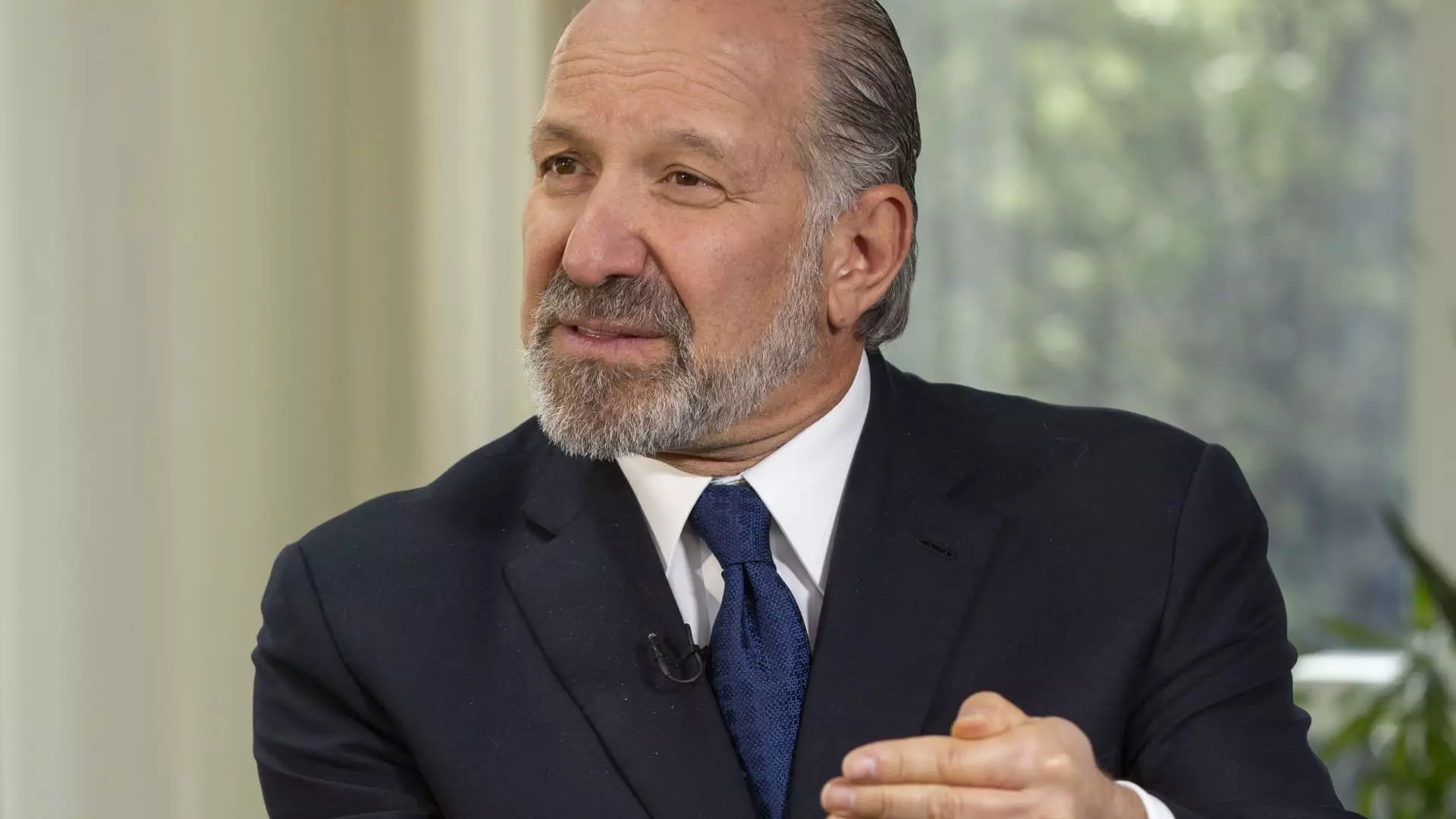In recent remarks, Commerce Secretary Howard Lutnick emphasized that August 1 marks a definitive deadline for nations to commence paying tariffs to the United States. While this may seem like a clear-cut boundary, the rhetoric surrounding this deadline reveals deeper tensions embedded within global trade relations. Lutnick’s statement that “nothing stops countries from talking to us after August 1” suggests a veneer of openness, but it’s evident that the administration’s real message is one of pressure and containment. The firm deadline indicates a readiness to deploy tariffs as economic leverage, forcing trading partners into a corner where they must either accept new terms or face the economic repercussions of increased costs.
This posture exposes a fundamental flaw in the U.S. approach: it involves wielding tariffs not as a diplomatic tool for negotiation but as a stick to compel compliance. Such rigid tactics risk damaging longstanding alliances, especially with smaller economies, which are most vulnerable to sudden tariff hikes. While the government claims these measures are necessary to protect American interests, they often overlook the broader consequences on the global economy and the risks of retaliation.
The Power Dynamics and Global Implications
Lutnick’s mention that smaller nations such as those in Latin America, the Caribbean, and Africa could face baseline tariffs of 10% underscores a troubling trend — the marginalization of developing nations in the American trade strategy. While this might offer a short-term advantage for U.S. economic interests, it signals a shift towards a more aggressive, even imperialistic posture that undermines mutual growth. This approach neglects the importance of balanced, reciprocal trade relationships rooted in fairness and respect.
Furthermore, the looming specter of tariffs as high as 40% for some countries reveals an alarming tendency: the use of economic sanctions as a political weapon rather than a fair negotiation tool. The White House’s declaration that August 1st is the “hard deadline” exposes an impatience that disregards the complexity of international diplomacy. Negotiations are not about deadlines; they’re about building partnerships. Imposing steep tariffs without genuine dialogue risks embittering international relations, making future cooperation more difficult.
From a center-liberal perspective, such aggressive tactics seem shortsighted and counterproductive. While protecting domestic industries is understandable, the pursuit of economic dominance at any cost undermines the very fabric of international cooperation. Instead of confrontation, a nuanced approach that seeks to address underlying issues through diplomacy and fair trade agreements would foster a more stable and prosperous global environment. The danger lies in disregarding the importance of mutual respect, which ultimately sustains long-term economic health for all parties involved.



Leave a Reply